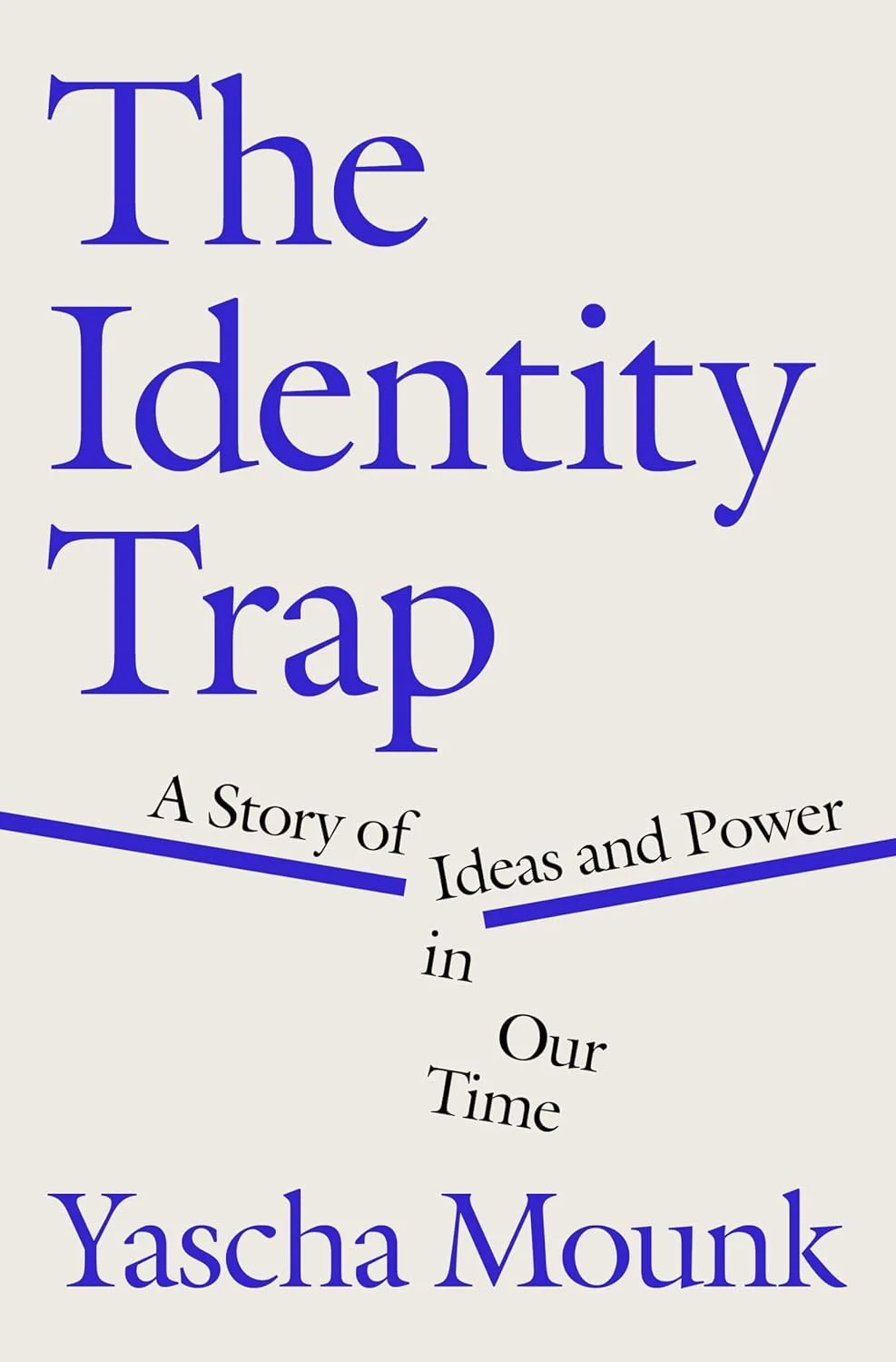Lessons Learned from my Dissertation Defense
I still have that feeling of contentment in light of last Tuesday. Not because of the results of the election, but because I successfully defended my doctoral dissertation. I’ll leave the politics to others; frankly, I’m just glad this election cycle is over.
Seminary has been the best decade of my life. I started on my Master of Divinity in the Fall of 2005. It’s now the Fall of 2016 and I’ve finally completed the final step of the process. All that remains are a few typographical revisions and graduation. I’ve invested the arm and a leg that it costs to get regalia, so that’s out of the way.
For the handful of folks that read my blog and are interested, I’ve been summarizing some lessons learned from each stage of the game. Today I’m going to do the same for my dissertation defense.
Readers should recognize that some of this depends on your topic, discipline, and committee composition. However, in general, here are the lessons I learned:
1. You really do know more about the topic than your committee. Most of my life, the person giving the examination knew the answer before asking the question. However, at my defense, there were multiple occasions that my examiners asked questions out of legitimate curiosity or simply because they weren’t aware that the literature pointed a different direction. Being able to cite specific examples and argue cogently why I wrote one thing and not another was important, and my argument was accepted because I was more current and more deeply read on my topic than the examiners.
2. Sometimes the committee is asking questions just to see how you’ll answer. After spending years looking up to the professor, now the professors are asking you for your judgment. There were a few questions that they asked that seemed to be more concerned with the manner that I answered them than what I said. Confidence is important, but so is humility. I admitted my knowledge, but it was important to admit when we went beyond what I had researched.
3. Part of the defense, at least at Southeastern, is an assessment of character. This was more than just a test of knowledge. The committee wanted to see what I had learned about myself from the process. For me, one of the most important lessons was to have a greater degree of compassion for the authors whose imperfect books I read. There were points in my dissertation that I knew were not as strong as others, but at some point I had to accept that was the best I could do right now and move on. Other authors are doing the same.
4. The extra time I spent making the dissertation readable paid off. There is little doubt from the comments of my committee that working to make the prose as clear as possible encouraged them to give me grace in other areas. Readability does not replace good content, but it was worth the effort. I think that the work on the front end helped contributed to the positive outcome that includes no mandatory revisions. I have some typos to fix, but only a few hours of work.
5. The best dissertation is still the done dissertation. Even with changing jobs and moving halfway across the country last year, the dissertation still took me only about a year and a half to write. It was much better to push through than to drag it out for two or three years. (This assumes that you aren’t waiting on research, etc.) It was worth it to write nearly every day, give up some family fun and push to completion even when taking a week off would have felt really good.
6. I benefited greatly from choosing my general topic (environmental ethics) at the beginning of my program. That allowed me to read broadly, explore various tangential topics in seminars along the way, and finally find a good working thesis.
7. The best way to prepare is to re-read your dissertation and review your bibliography and footnotes to refresh who the conversation partners are. I also made sure I checked the committee’s publication lists to see if there was something they were thinking about that I should be prepared to discuss.
All in all, I’m glad to be done. It was a long process; I learned a lot about my topic and about myself. Now I need to set out a research agenda for the next few years. There is a stack of books on my shelves and another set in my Amazon wish list that I have been putting off and want to catch up with. I have some kids to play with and a laundry list of small projects around the house to do. Oh, the places we can go.





















